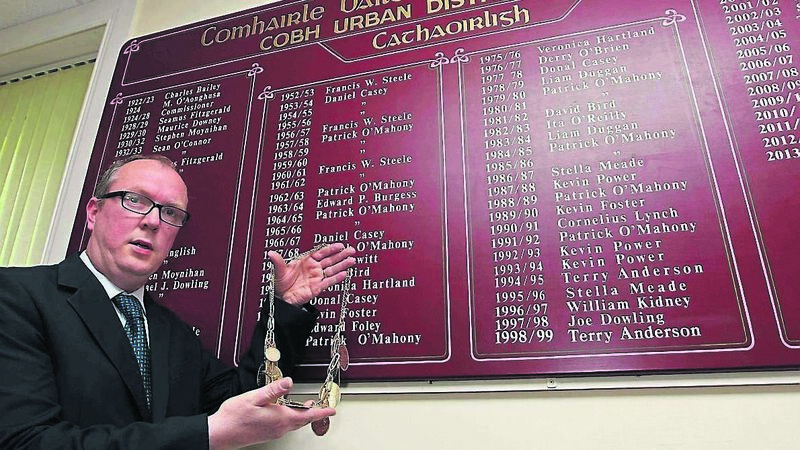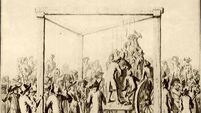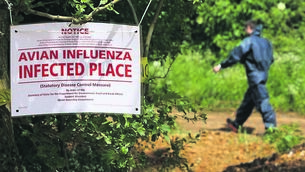You must restore our Town Councils, Taoiseach

Cobh Mayor, Cllr John Mulvihill Jnr, before the final Cobh Town Council meeting held in 2014
The Programme for Government pledged to establish a Local Democracy Taskforce, and the members were recently appointed.
Amongst other things, the Taskforce will explore the possibly of reintroducing Town Councils in large town across the country.
Earlier this month, Taoiseach Micheál Martin TD, stated that he wants to re-establish Town Councils across the country within three years, saying there would have been a more immediate community response, for example, to the floods in Midleton if the local council had been in place.
As a strong critic of the decision to abolish Town Councils in 2014, I am encouraged by this statement and the formation of the Taskforce.
If local government is not local, then it is nothing.
Local government exists for two primary reasons - as a provider of local public services and as an instrument of local democracy to give expression to community self-government.
This is based on the principle of subsidiarity, which states that as many powers and functions as possible should be devolved to the level closest to the citizen.
Ireland has signed up to the principle of subsidiarity under the Council of Europe’s Charter of Local Self-Government, the EU’s Treaty of Amsterdam, and under Article 21 of the Universal Declaration of Human Rights.
But, as the Council of Europe pointed out in damning reports in 2013 and 2023, we are hypocrites - we use the rhetoric of subsidiarity, power to the people, putting people first - but our public policies have tended to go in the opposite direction.
There are specific arguments in favour of re-establishing a Town Council tier.
1) Town Councils were the most efficient element within the local government system in terms of being self-financing and maintaining commercial rates at a lower level than their County Council counterparts.
For example, at the time of its abolition in 2014, Killarney Town Council had the highest rate take in Kerry with the lowest rate in the euro. This is an efficiency argument.
2) On democratic grounds - and to cite evidence as opposed to rhetoric or an appealing narrative - the wealth of evidence suggests that there is a negative relationship between the size of a local government unit and the political trust which citizens have in local elected members.
In other words, the smaller the unit and the closer it is to us, the more trust we have in it; we are invested in how the town is run and how money is spent.
3) An important point to make is that more women were elected to our Town Councils than any other level of government in Ireland.
Election to your Town Council was in reach for very many people because, if you were organised and availed of family and friends, you could win a seat with a few hundred votes.
Town Councils were a useful entry point into politics for young people, women, people from different ethnic backgrounds, people with disabilities, etc.
In removing that political entry point, we narrowed the pool of people who were willing or able to contest elections for City and County Councils.
Town or municipal councils should be at the heart of our local government system. The very nature of local government is that civic society is up close and personal.
Local councils and the services they provide have a far more immediate, continuous and comprehensive impact on our daily lives than many issues which dominate nationally.
Local councils and councillors must deal with a range of issues and factors that are not of their making, and for which they may have no formal responsibility.
These issues include migration, multi-culturalism, homelessness, social exclusion and other social problems such as drug addiction, and petty crime.
Many of the social problems faced by Irish communities today are most sharply evident in urban settings and towns.
There is no doubt that the old Town Council model was severely flawed.
The councils covered only 15% of the population and the population range went from 298 to 30,000.
The Local Democracy Taskforce will need to propose a new model, with powers and finance devolved downwards.
At an overall level, we need to relax the vice-like grip of centralisation which is suffocating local autonomy.
Author Paulo Coehlo once wrote: “A mistake repeated more than once is a decision.”
We need to finally start making decisions in favour of local democracy and local self-government.







 App?
App?




